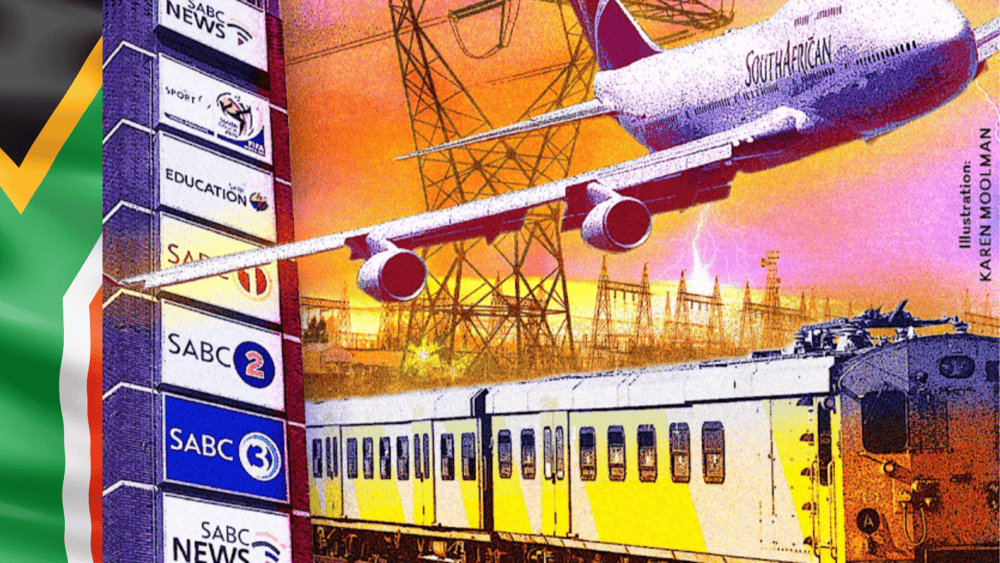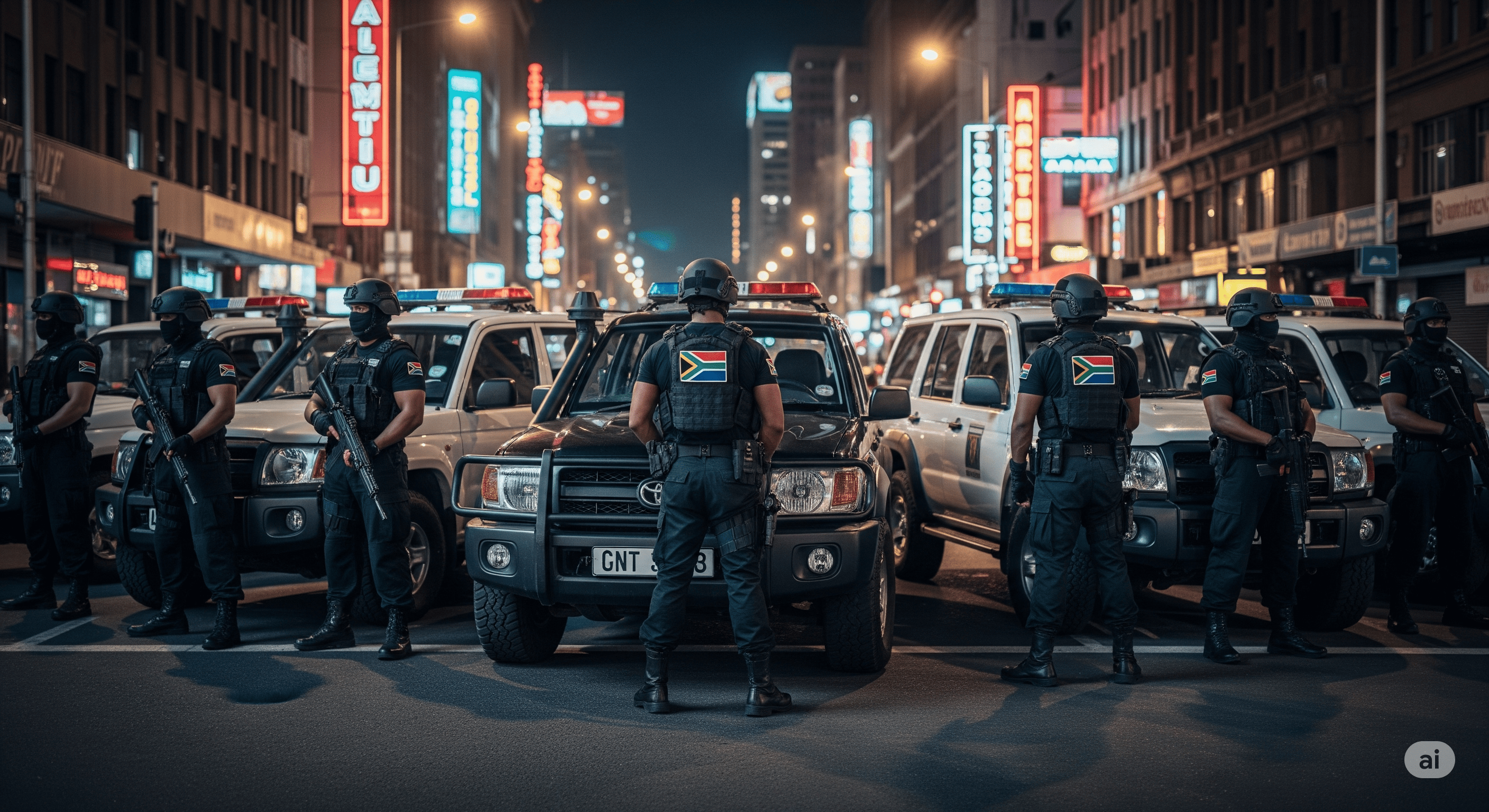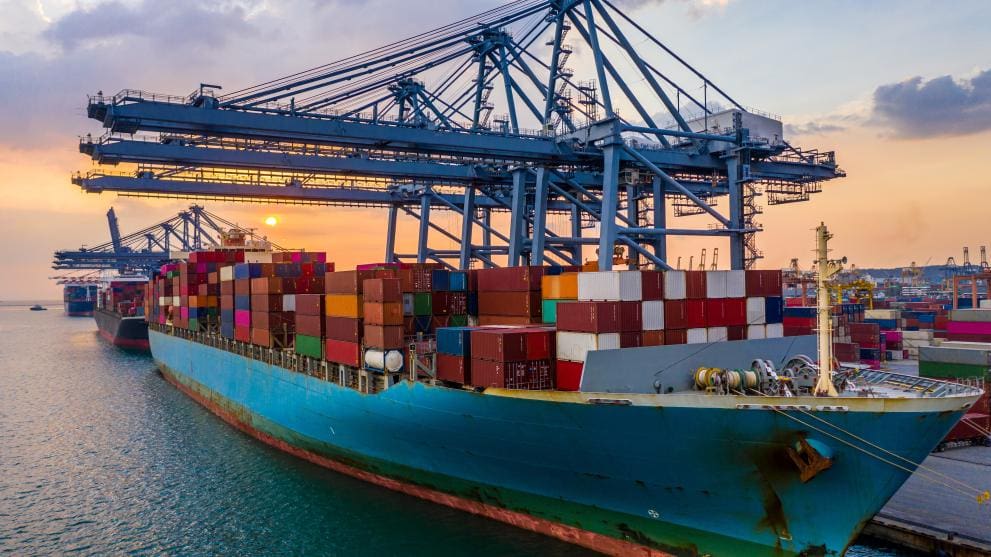Ghana
The Republic of Ghana is viewed as a gateway to West Africa, and is rapidly becoming a maritime trading hub of strategic importance. It has a population of 29 million people and a GDP of US$68.4bn in 2020.
Ghana is bordered by Côte d’Ivoire, Burkina Faso, Togo, the Gulf of Guinea and the Atlantic Ocean, with a coastline measuring 539km. Lake Volta has 1,125km of waterways stretching from the coast through the country to landlocked Burkina Faso.
Ghana’s services sector contributed 53.3% to the country’s GDP in 2015, followed by industry at 26.6% and agriculture at 20.2%. Ghana’s middle class comprised 1.3 million households or just over 5% of the population in 2014, and this is expected to increase by 1.6 million by 2030.
The country’s mineral wealth includes gold, manganese, industrial diamonds and bauxite and unexploited deposits of columbite-tantalite, ilmenite, iron ore, limestone, lithium and rutile, while aggregates, bauxite, clay, diamonds, gemstones, gold, manganese, silica sand and silver are also produced. Gold is the most important mineral produced, and accounts for more than 90% of mineral revenues. There has also been a discovery of commercial quantities of oil and gas at the Jubilee Field off Cape Three Points, which has fast-tracked infrastructural development at the Port of Takoradi. Other industries of importance in Ghana are shipbuilding, light manufacturing, cement manufacturing, aluminium smelting, lumbering, cocoa and other food processing.
In the second quarter of 2020, the Ghanaian economy shrank by 3.2%, its first contraction in four years, following growth of 4.9% in the first quarter. With the easing of pandemic-related restrictions, economic activity has improved, but weak oil prices are expected to constrain economic recovery. While the economy grew by 0.9% in 2020, its lowest growth rate in 30 years, growth is projected to increase to 4% in 2021 and 4.1% in 2022.
For the first seven months of 2020, Ghana recorded a budget deficit of 7.4% of GDP. Economists attributed the widening of the budget deficit to reduced tax revenue resulting from the slowdown in economic activity, coupled with government spending on pandemic-related support measures. In September 2020, ratings agency S&P Global Ratings lowered Ghana’s long-term foreign and local currency sovereign credit ratings to B- with a stable outlook. S&P expected the fiscal deficit to expand to 13.5% of GDP, with government debt remaining above 70% until 2023.
Ghana’s long-term National Development Plan (NDP 2018 – 2057) incorporates ten four-year medium-term plans from 1 January 2018 until 31 December 2057. The proposed framework is informed by the United Nations’ 15-year Sustainable Development Goals (SDGs), the 50-year Agenda 2063 of the African Union, the Constitution of Ghana and existing legislation, as well as the input of state and civic organisations, professional associations and other stakeholders. The NDP provides for the development of port infrastructure. To attract intercontinental vessels, Ghana Ports and Harbours Authority has made significant investments in port infrastructure expansion and modernisation.
Contact us to access WOW's quality research on African industries and business
Contact UsRelated Articles
BlogCountries Administrative and support activitiesSouth Africa
State-owned enterprises in South Africa – a sword of Damocles for the fiscus
Contents [hide] As articulated in the Who Owns Whom report on South Africa’s SOEs , the major SOEs’ total asset value (financial and non-financial) rose by 2.1 % to R1.65...
BlogCountries Public administration and defence compulsory social securitySouth Africa
South Africa’s security industry: A puzzle worth unravelling
No one can build his security upon the nobleness of another person” – Willa Cather Contents [hide] Security is an integral part of society, yet it is often taken for...
BlogCountries Electricity gas steam and air conditioning supplySouth Africa
South Africa’s Maritime Sector: Growth, Green Tech & Global Competition
Contents [hide] There is no doubt that the maritime transport sector is an important keg in the South African economic wheel. According to the Who Owns Whom report on maritime...





